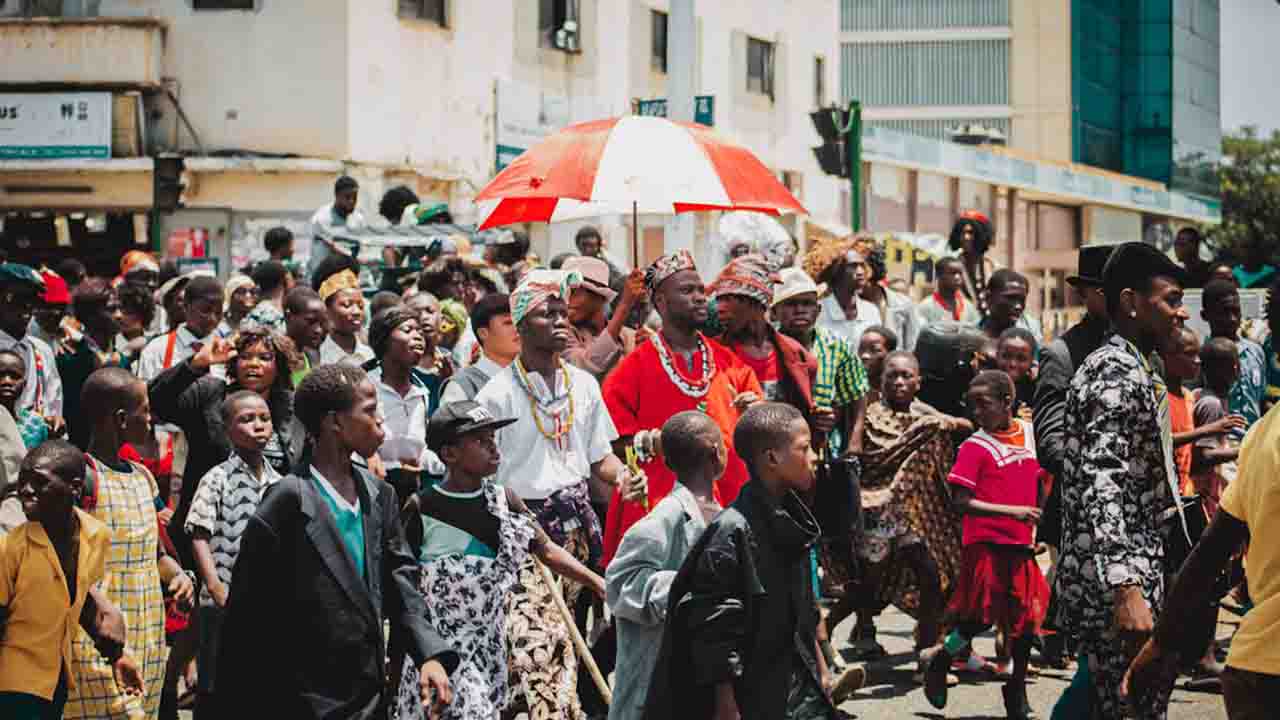Africa (Commonwealth) _ As to the IMF’s prediction, which can be found in the East African magazine, Kenya’s GDP is expected to surpass Angola’s and sustain that status until 2029. On the other side, Nigeria will soon lose its position as the second-biggest economy in Sub-Saharan Africa to Ethiopia, which now has the largest economy in East Africa.
Ethiopia’s GDP was less than Kenya’s in 2020, but it expanded more quickly, reaching $159.74 billion (Sh21.165 trillion) in 2023. Kenya’s GDP was projected to reach $108.9 billion (Ksh15.14 trillion) in 2022, up from $113.7 billion (Ksh13.37 trillion at the time).
According to the IMF’s April Fiscal Monitor report, a number of low-income developing nations (Benin, Côte d’Ivoire, Kenya) resumed trading on international markets in early 2024, enabling them to restructure maturing debt. It continues, nonetheless, that governments still need to carefully weigh the trade-offs between present financing and long-term fiscal sustainability related to issuing public debt at high costs.
The International Monetary Fund predicted a week ago that Nigeria, which was once the greatest economy in Africa, will drop to fourth place this year. Nonetheless, it would continue to trail South Africa in Sub-Saharan Africa.
Egypt and Algeria are expected to have GDPs that are greater than Nigeria’s, coming in at $348 billion and $267 billion, respectively, compared to $253 billion for Nigeria. A string of currency depreciations is anticipated to cause Egypt, which ranked first in 2023, to drop to second position, behind South Africa.
With 1.4 billion inhabitants, the African nations are incredibly varied in terms of not just culture and language but also economic production. It is presented the gross domestic product (GDP) estimates for African nations in 2024 based on estimates from the International Monetary Fund (IMF), which were most recently updated in October 2023. There are no estimates for Eritrea in the data, which is presented in current USD.
Furthermore, because of space constraints, statistics for Lesotho, Guinea-Bissau, São Tomé and Príncipe, and Burundi have not been featured on the map but are included in the table of the article.
Africa’s Economies by GDP
First, in terms of nominal GDP, South Africa has the largest economy in Africa, estimated to be worth close to $400 billion. In the first half of 2023, the mining sector in the nation accounted for about 60% of all exports, making it a significant contributor to the economy. Among the top producers of gold, diamonds, platinum, manganese, and other minerals worldwide is South Africa.
But since the outbreak, worries about how long South Africa’s mining sector can last have increased. The country’s gold sector could not have more than 30 years left without additional investment, per a PwC analysis.
Africa has demonstrated in recent years that it is prepared to part ways with the West. Seventeen African nations withdrew from a vote denouncing Russia’s invasion of their country. Cyril Ramaphosa of South Africa and three other African presidents headed a peacekeeping delegation to Russia and Ukraine last year when the West refused to hold talks with Russia.
This year, South Africa openly defied Israel by suing the country at the International Court of Justice for its activities in Gaza; the United States denounced the lawsuit as “meritless” and “counter-productive.” Over the last eight months, Mr. Ramaphosa has also attended talks with the presidents of China, Iran, and Russia.
African leaders think that we are living in a multipolar world of transactional international relations, with several states vying for influence. A number of countries have expressed interest in becoming investors, security partners, or friends, including Iran, Russia, Saudi Arabia, Turkey, and the United Arab Emirates (UAE). America has stopped focusing on Africa in the meanwhile.
It is still engrossed in Asia and distracted by the conflicts in the Middle East and Europe. If Donald Trump reclaims the presidency in November, American attention to African challenges could be further diverted. Because of this, Africa is adjusting to a multipolar world—possibly more so than any other area.
Notwithstanding South Africa’s lead, Nigeria is expected to produce $395 billion in GDP in 2024. The primary export of the nation, declining oil output, along with problems with foreign exchange have created a wider economic crisis that has sparked riots. The economy is also experiencing extreme inflation, which is predicted to peak at 33% by the middle of 2024.
Egypt, the country with the third-biggest economy in Africa, has also seen very high inflation since the start of the conflict between Russia and Ukraine. It is still engrossed in Asia and distracted by the conflicts in the Middle East and Europe. If Donald Trump reclaims the presidency in November, American attention to African challenges could be further diverted. Because of this, Africa is adjusting to a multipolar world order in respect with theirs economies.








